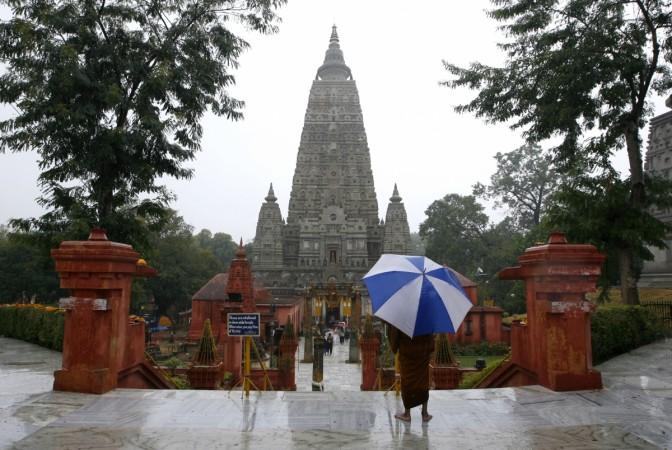
An NIA court in Patna, Bihar, pronounced its verdict in the 2013 Bodh Gaya serial blast case and sentenced all the five convicts to life in jail on Friday, June 1.
Judge Manoj Kumar Sinha, on May 25, had convicted Imtiyaz Ansari, Haider Ali, Mujib Ullah, Omair Siddiqui and Azharuddin Qureishi under various sections of the Indian Penal Code, Unlawful Activity (Prevention) Act and the Explosives Act.
While Siddiqui and Quraishi are from Chhattisgarh, the others are said to be natives of Jharkhand.
The sixth accused, Taufique Ahmed, was a juvenile then and was earlier sentenced to three years of confinement at a remand home.
"The convicts were members of the Students Islamic Movement of India (SIMI). They also had connections with Indian Mujahideen," the Times of India quoted special public prosecutor as saying last week at the time of conviction.
About 90 witnesses were interrogated during the trial and it was found that the five convicts also had a hand in the serial blasts at the Gandhi Maidan in Patna during the Hunkar Rally of the then PM candidate Narendra Modi.
The convicts are known to have planted 13 improvised explosive devices (IEDs) inside the temple campus, out of which 10 had exploded injuring five people and two Buddhist monks.
Apart from the five people and the juvenile, the case also involved another person named Tariq Ansari, who died while activating a bomb at the Hunkar Rally.
"Haider and Mujibullah were the masterminds of Bodh Gaya blasts. Their motive was to take revenge of the alleged atrocities on Rohingya Muslims in Myanmar. Explosive materials and the temple's sketch with markings were recovered from Eram Lodge in Ranchi where the duo had stayed. The IEDs were planted at the places marked," Sinha added.















